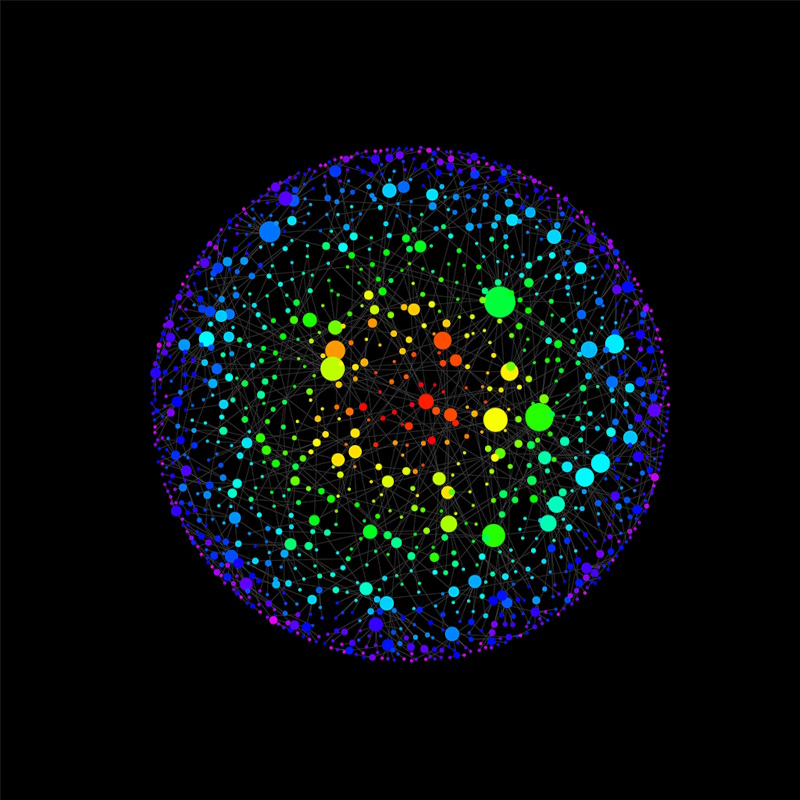Royal Society Open Science has commissioned a new collection of papers exploring the impact of machine learning, artificial intelligence, and Big Data within science and society.

A long time ago now, shortly before the pandemic introduced disruption into all of our lives, Royal Society Open Science began to commission papers exploring a range of aspects of artificial intelligence (AI) research. Though it may have taken us some time to wrap this up, I’m pleased to announce that the collection has now been completed – at least nominally. I say ‘nominally’ because, given the rapid pace of change in AI technologies and (potential) applications, we want to encourage our readers to continue sharing their research in these areas with us.
The papers can be found in a curated collection collection, which the Editors have entitled “Making the most of AI’s potential: cross-disciplinary perspectives on the role of AI in science and society”. It also includes an editorial from Prof Marta Kwiatkowska, Prof Essi Viding, and Prof Mark Chaplain who commissioned the collection (and are members of the journal’s editorial board). The interests of the Editors are diverse (from computation and modelling, to disruptive behaviour disorders, to mathematical oncology), with contributions to the collection also being diverse. Indeed, it was the very wide series of potential applications of AI to research and daily life that prompted the Editors to want to commission this diverse set of papers.
The collection includes papers exploring auditing of algorithms and the risks of not doing so effectively, human-centred AI in health-sensing use cases, and a number of machine learning pieces. There is also a perspective co-authored by Prof Dame Wendy Hall, Editor-in-Chief of Royal Society Open Science, that examines the impact and future of neural networks, using ImageNet as a case study.
With the news awash with stories from Big Tech of how AI will continue to evolve and may – emphasis very much on the conditional – achieve human levels of general intelligence in due course, it is important to recognise that technologies potentially as transformational as AI do not exist in a vacuum. Rather, they require careful consideration and thoughtful regulation, both of which require evidence bases accessible to policymakers and regulators. To this end, the editorial team at Royal Society Open Science are not resting on their laurels.
In our Editor-in-Chief’s editorial this year, they issued an open call for papers that explores the policy and ethical dimensions of AI technologies. As well as targeted commissioning to get the ball (or model?) rolling, we hope readers will submit their own work on AI policy and ethics. How should the technology be deployed? Who has liability for a machine’s decisions? What happens when AI models ‘run out’ of real-world training data? We hope that these and many other questions will be addressed in this next special collection, and we invite you to contribute to it.
Royal Society Open Science is issuing an open call for papers to contribute to a special collection of papers highlighting and addressing the complexities surrounding the excellent work being carried out by members of the research community in areas of artificial intelligence and its relationship to public policy. Interested in submitting? Find out more.
Image: The image displays a social network, with coloured vertices representing individuals and grey edges representing friendships, acquaintances, or other social connections (https://doi.org/10.1098/rsos.230505).




